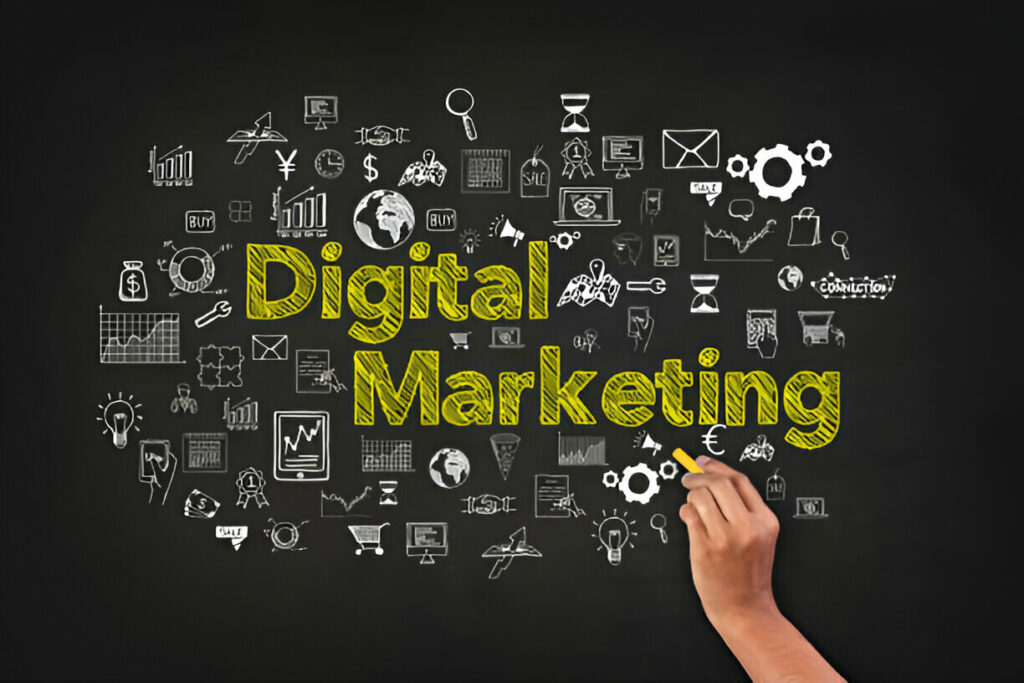
As we move further into 2025, the digital marketing landscape continues to evolve at a rapid pace. Staying ahead of these trends is crucial for businesses looking to maintain a competitive edge and effectively engage their audiences. Here are the top digital marketing trends to watch this year:
1. AI and Machine Learning Integration
Artificial intelligence (AI) and machine learning are transforming digital marketing by enabling more personalized and efficient campaigns. AI-powered tools can analyze vast amounts of data to predict consumer behavior, automate customer service through chatbots, and optimize content for better search engine rankings. In 2025, expect AI to play an even larger role in targeting and personalization, helping marketers deliver more relevant and timely content to their audiences.
2. Voice Search Optimization
With the increasing popularity of smart speakers and voice assistants like Alexa, Google Assistant, and Siri, voice search is becoming a significant factor in digital marketing. Businesses need to optimize their content for voice search by focusing on conversational keywords and providing direct answers to common questions. This shift requires a new approach to SEO, as voice searches often differ from traditional text-based queries.
3. Video Marketing Dominance
Video continues to be one of the most engaging forms of content. In 2025, the trend towards short-form videos, popularized by platforms like TikTok and Instagram Reels, will only grow stronger. Live streaming and interactive videos are also gaining traction, providing brands with opportunities to engage audiences in real-time. Marketers should prioritize video content in their strategies, focusing on creating compelling, high-quality videos that capture attention quickly.
4. Social Commerce Expansion
Social media platforms are evolving into powerful e-commerce channels. Features like Instagram Shopping, Facebook Marketplace, and Pinterest’s Buyable Pins make it easier for users to shop directly from social media. This trend, known as social commerce, allows brands to shorten the customer journey and drive sales within the social media environment. Leveraging these tools effectively will be key to capitalizing on social commerce opportunities.
5. Sustainability and Social Responsibility
Consumers are increasingly concerned with sustainability and social responsibility. Brands that prioritize and transparently communicate their efforts in these areas can build stronger connections with their audiences. In 2025, expect to see more businesses highlighting their sustainable practices and ethical values in their marketing campaigns. Authenticity is crucial here; consumers can easily spot disingenuous efforts.
6. Privacy and Data Security
With the implementation of stricter data privacy regulations worldwide, such as GDPR and CCPA, and the growing concern over data security, marketers must prioritize transparent data practices. Building trust with consumers through clear privacy policies and secure data handling is essential. First-party data collection will become more important as third-party cookies are phased out, requiring brands to invest in building direct relationships with their customers.
7. Augmented Reality (AR) Experiences
Augmented reality is becoming a powerful tool for creating immersive marketing experiences. AR can enhance product visualization, allowing customers to see how products will look in their environment before purchasing. Brands are using AR in everything from virtual try-ons for fashion and beauty products to interactive AR ads. This technology not only boosts engagement but also helps in driving conversions by offering a more personalized shopping experience.
8. Content Experience and Storytelling
Content marketing is evolving beyond just providing information. In 2025, the focus will be on delivering a holistic content experience that encompasses storytelling, interactive elements, and personalized journeys. This means creating content that not only educates and informs but also entertains and resonates emotionally with the audience. Brands that master the art of storytelling will be able to forge deeper connections and foster brand loyalty.
9. Influencer Marketing Evolution
Influencer marketing is maturing, with brands seeking more authentic and long-term partnerships rather than one-off sponsorships. Micro-influencers and nano-influencers, who have smaller but highly engaged followings, are becoming more valuable. These influencers offer more genuine connections with their audiences, leading to higher trust and better conversion rates. In 2025, expect brands to focus on building lasting relationships with influencers that align with their values and target audience.
10. Omnichannel Marketing
In an increasingly connected world, providing a seamless customer experience across all channels is vital. Omnichannel marketing ensures that whether a customer interacts with a brand online, via mobile, in-store, or through social media, the experience is consistent and cohesive. This approach not only improves customer satisfaction but also drives higher engagement and loyalty. Marketers should integrate their campaigns across multiple channels to create a unified brand experience.
Conclusion
Staying ahead of these digital marketing trends in 2025 requires adaptability and a willingness to embrace new technologies and strategies. By focusing on personalization, leveraging emerging platforms, and prioritizing authenticity and customer experience, businesses can navigate the ever-changing digital landscape and achieve sustained growth. Keep an eye on these trends and be prepared to innovate, and your brand will be well-positioned for success in the coming year.
